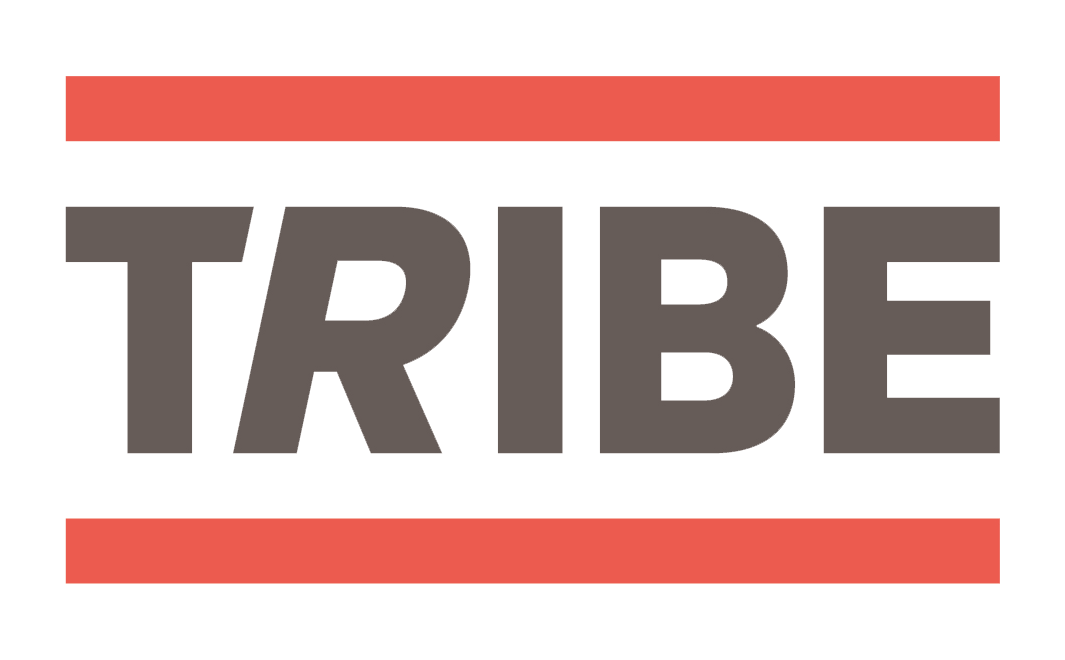By Jo Scott-Dalgleish, Registered Nutritional Therapist
www.endurancesportsnutritionist.co.uk
Spending some time focussing on your food and drink needs in the run up to your marathon and planning your nutrition and hydration for the day itself can make a real difference to your race day experience. Here are my tips:
-
Your training diet: Sadly, training for a marathon isn’t a licence to eat whatever you want, whenever you want. Doing so may lead to unwelcome weight gain, which might slow you down on race day. Even if you are someone who never gains weight, combining a poor quality diet with the demands of marathon training might result in illness and lost training days. So, base your diet around mainly fresh, unprocessed foods – vegetables, fruit, wholegrains, meat, fish, eggs, dairy products, beans and lentils, nuts and seeds. Don’t forget to include some healthy fats like olive oil, avocado and oily fish to support your immune system, which may be compromised by heavy training, and help your joints recover from pounding the pavements. If you are vegetarian or vegan, ensure that you eat a wide range of different plant foods to ensure that you have adequate sources of protein, iron, calcium and omega 3 fats, as this can be more difficult on a plant based diet. Eat more on your long run days and less on your rest days, particularly of starchy and sugary foods. Keeping alcohol to less than 14 units per week is also advisable. Use Tribe Blaze Trails or Infinity Bars to help fuel your long runs, and Tribe 10 Bars and Shakes to help you recover from demanding training sessions.
-
Marathon week: The latest studies suggest that it’s only necessary to increase your carbohydrate intake (carb-loading) in the two days before marathon day. You’ll be resting on those days, so your calorie requirements will be lower than usual. Reduce your protein and fat intake and increase the proportion of your calories that comes from carbs, rather than just eating more food. Good carbs to choose are bread, pasta, potatoes, rice, oats, fruit, fruit juice and smoothies, dried fruit and starchy vegetables like sweet potato, butternut squash and beetroot. Adding a Tribe Infinity Bar as a snack would be a great way of adding extra carbs. If you are prone to a dodgy stomach, avoid spicy foods and foods high in fibre such as beans and wholegrain bread.
-
The night before: Eat your evening meal a bit earlier than you normally would to ensure you digest it well before bed, and choose foods that you are familiar with. It’s a good idea to avoid high fat food choices: save the cheesy pizza for after the race. Pasta with tomato sauce and chicken might be a better choice. Drink around 1.5-2 litres of water during the day before your marathon to ensure you are fully hydrated. Perhaps eat a Tribe Blaze Trails bar for some extra carbs.
-
Race morning: Have a breakfast that you have tried before your long training runs and consume mostly carbohydrate. Toast and honey or a bowl of porridge with some dried fruit would be good choices. You could top your porridge with a packet of Tribe Trail Mix. If you eat breakfast more than 3 hours before the start, have a Tribe Blaze Trails bar on the way to the race.
-
During the race: You will need to consume some sugar during the race, or risk “hitting the wall” in the later stages. This is because your muscles can only store enough carbohydrate to provide energy for around 2-3 hours of running, depending on your pace. You could use a Tribe Blaze Trails bar to provide this extra sugar. You might need one bar for every hour that you run after the first hour or 90 minutes. But it’s very important to practice consuming these on long runs to make sure that you can digest them properly. You might want to break them into chunks and keep them in a pocket or fuelling belt, having a chunk every 15 minutes or so, washed down with water. Other options are dates, raisins, jelly babies, gels or sports drink. Don’t leave fuelling until you start to run out of energy – that will be too late! You should also drink regularly, in line with your thirst. It’s a good idea to check the pre-race information pack for where aid stations with water will be available on the course.
-
After the race: Your chance for a treat! It’s a good idea to have some protein to help your muscles recover as well as some carbohydrate to replenish your energy. A Tribe 10 bar is convenient and delicious. Then tuck into a good lunch.
Jo Scott-Dalgleish BSc (Hons), mBANT, CNHC, is a nutritional therapist specialising in nutrition for endurance sport, based in London, UK. She works with distance runners, cyclists and triathletes to help optimise both their performance and their health through the creation of an individual nutritional plan.
